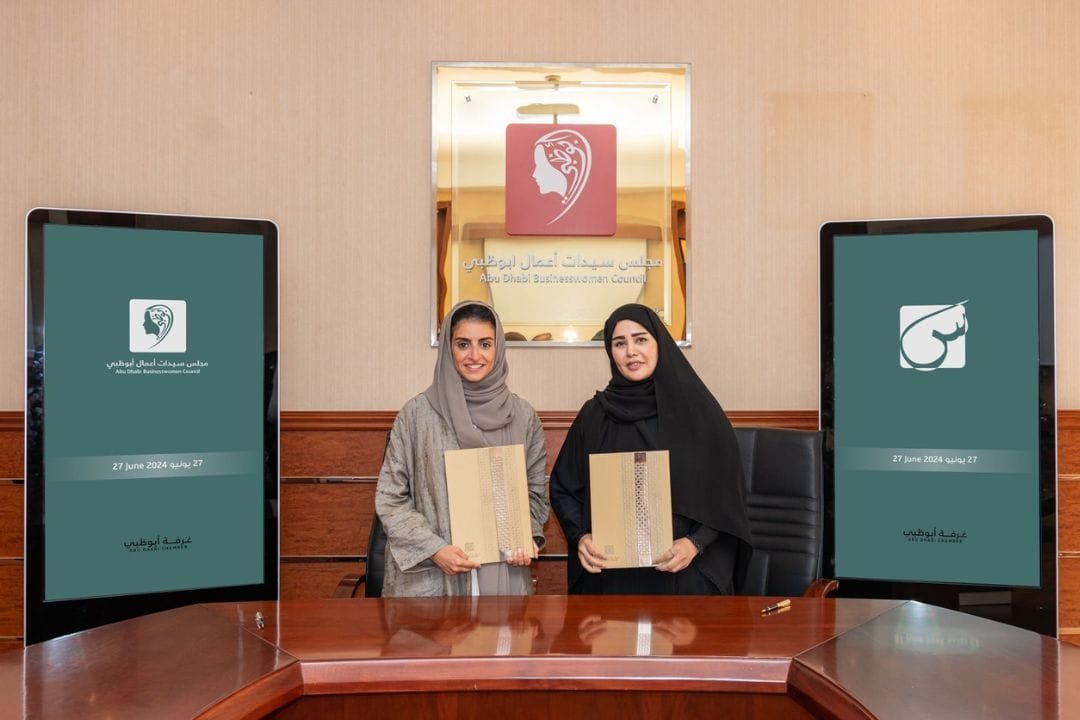
Valencia, Spain, and Brussels – There is a pioneering focus in reproductive medicine on exploring alternatives to obtaining oocytes without relying on ovarian stimulation. The challenges associated with this process often serve as a barrier for women and couples considering reproductive treatments, with one in five couples opting out of pursuing a second child due to these concerns.
Ovarian stimulation represents the first stage in assisted reproduction treatments, yet it remains an area where significant advancements have been relatively minimal. It poses a major psychological hurdle for women contemplating the journey into motherhood, with concerns revolving around its potential physical and emotional impacts.
IVI RMA GLOBAL has entered an exclusive agreement with Lavima Fertility, Inc., a leading US fertility company, to advance in the field of fertility treatment. Lavima Fertility holds the rights to CAPA-IVM, an innovative hormone-free technology. Together, they are pioneering research to eliminate ovarian stimulation for women seeking assisted reproduction or egg vitrification treatments.
Dr. Nuria Pellicer, gynecologist at IVI Valencia said, “We are aware that the ovarian stimulation phase can be faced with some anxiety and can be a brake on the decision to begin treatment. For this reason, at IVI and together with Lavima Fertility, we have taken the initiative and we are going to challenge science to try to optimize this very delicate part of the treatment for some patients.”
At IVI Valencia headquarters, a clinical study led by Dr. Ernesto Bosch, clinic director, and Dr. Nuria Pellicer, along with IVI RMA Global’s scientific director, Dr. Juan Antonio García Velasco, has commenced. Lavima Fertility is supporting this study with CAPA-IVM technology and culture media supplements, facilitating the maturation of immature oocytes outside women’s ovaries in vitro without ovarian stimulation. This research will later expand to include other clinics within the IVI RMA Global group.
Dr.Bosch stated,”Our main objective is to continue benefiting women through research, and to eliminate the psychological barrier of those who decide not to start treatment, worried about the physical and emotional effect that ovarian stimulation may have on them, although the symptoms associated with this process are usually moderate and pass in a few days.”
In spite of being a fundamental step in the treatment of fertility, it is estimated that 20% of couples who would like to look for a second child do not do so due to their reluctance regarding the possible effects of ovarian stimulation: “Finding formulas to improve this process from science is an exciting and hopeful project for us, in our continuous research work, and allows us to continue helping in a pioneering way and with the latest advances to women who trust us with their greatest desire,” concludes Dr. Pellicer.
Prof. Dr. Johan Smitz from Lavima Fertility said, “Avoiding controlled ovarian stimulation together with the trigger hormones in ART represents a great scientific and clinical innovation.”
The process involves retrieving immature eggs from unstimulated small follicles, followed by maturing oocyte-cumulus complexes using a unique two-step in vitro process with various culture media supplements, known as CAPA-IVM. This hormone-free fertility treatment technology has been validated through five randomized clinical studies in Asia, resulting in the birth of over 850 babies, demonstrating the safety and efficacy of CAPA-IVM.
Prof. Smitz said, “We are excited about the research collaboration between IVI RMA Global and Lavima Fertility in the field of hormone-free fertility treatment. IVI RMA Global is the largest IVF chain in the world and working together with IVI RMA Global clinics in this field would allow to bring CAPA-IVM to many more patients worldwide in the future.”















